Bringing home a second cat can be an exciting adventure, promising double the love and companionship. But, as cat enthusiasts know, felines are complex creatures with their own unique personalities and needs. Before you make the decision to expand your furry family, it’s essential to ponder a few important considerations. Whether you’re a seasoned cat owner or a new pet parent, understanding the dynamics of multi-cat households is crucial. Here are ten things to think about before welcoming another feline friend into your home.
Understanding Your Current Cat’s Personality
Before introducing a new cat into your home, it’s vital to assess your current cat’s personality. Is your cat sociable and friendly, or does it prefer solitude? Cats, much like humans, have individual temperaments. Some cats might relish the company of another feline, while others may find it stressful. Observing how your cat interacts with other animals can offer valuable insights. If your cat is territorial or aggressive, introducing a new cat could lead to tension. On the other hand, a cat that enjoys playing with others might welcome a companion. Understanding your cat’s disposition is a key step in ensuring a harmonious household.
Space Considerations in Your Home
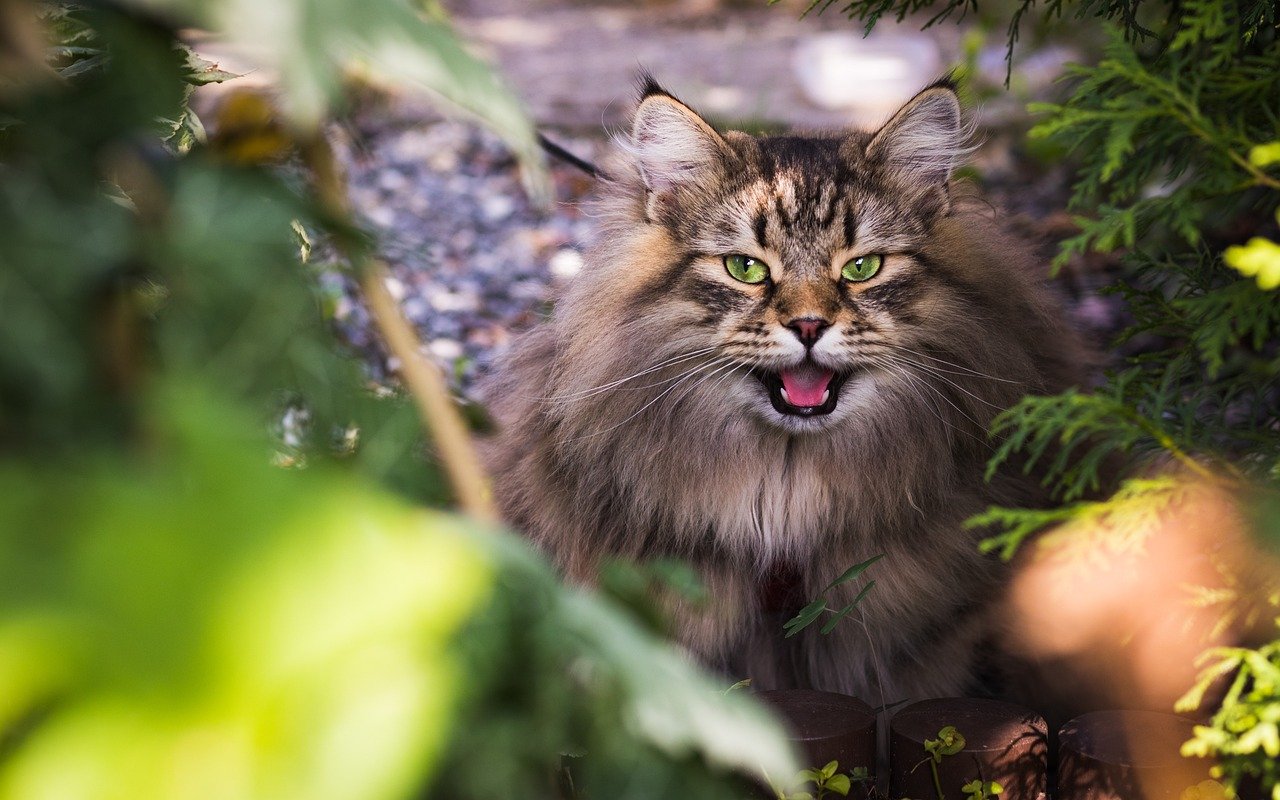
Cats are territorial animals and need their own space to feel comfortable. Before bringing a second cat home, evaluate the available space in your home. Ensure that you have enough room for both cats to have their own territory. This means separate sleeping areas, litter boxes, and feeding stations. A cramped environment can lead to stress and conflict between cats. Consider if your home can accommodate climbing trees or cat shelves, as vertical space can also help in providing more territory. A well-planned environment can make the transition smoother for both your current cat and the newcomer.
Financial Implications of a Second Cat
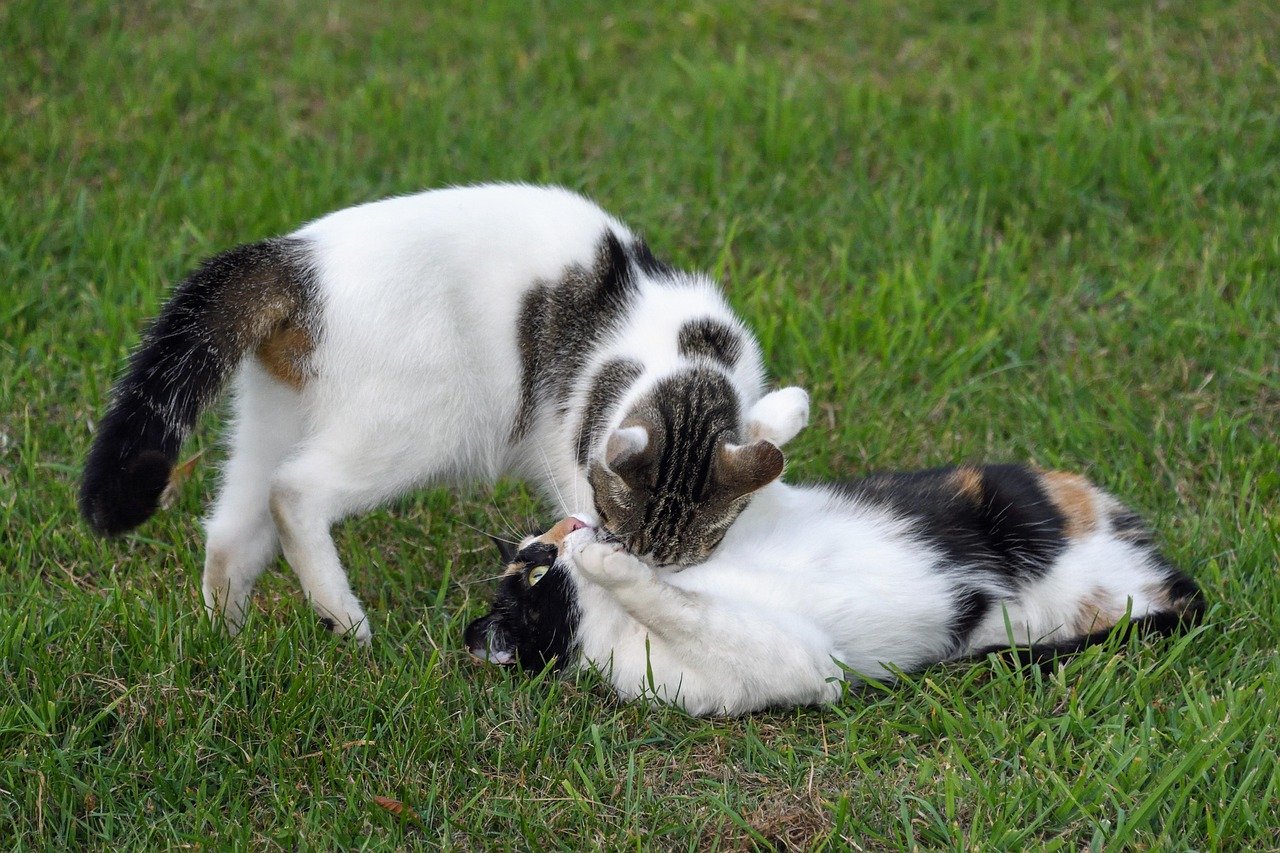
Owning a pet is a financial commitment, and this doubles when you decide to adopt another cat. Apart from the initial adoption fees, there are ongoing costs such as food, litter, and vet visits. Adding another cat to the mix means you’ll need to budget for these expenses accordingly. It’s also wise to consider unexpected costs, like emergency veterinary care. Having a clear understanding of the financial commitment involved in owning two cats will help ensure that you can provide for both of them comfortably. Financial stability is essential for the well-being of your pets.
Time and Attention Requirements
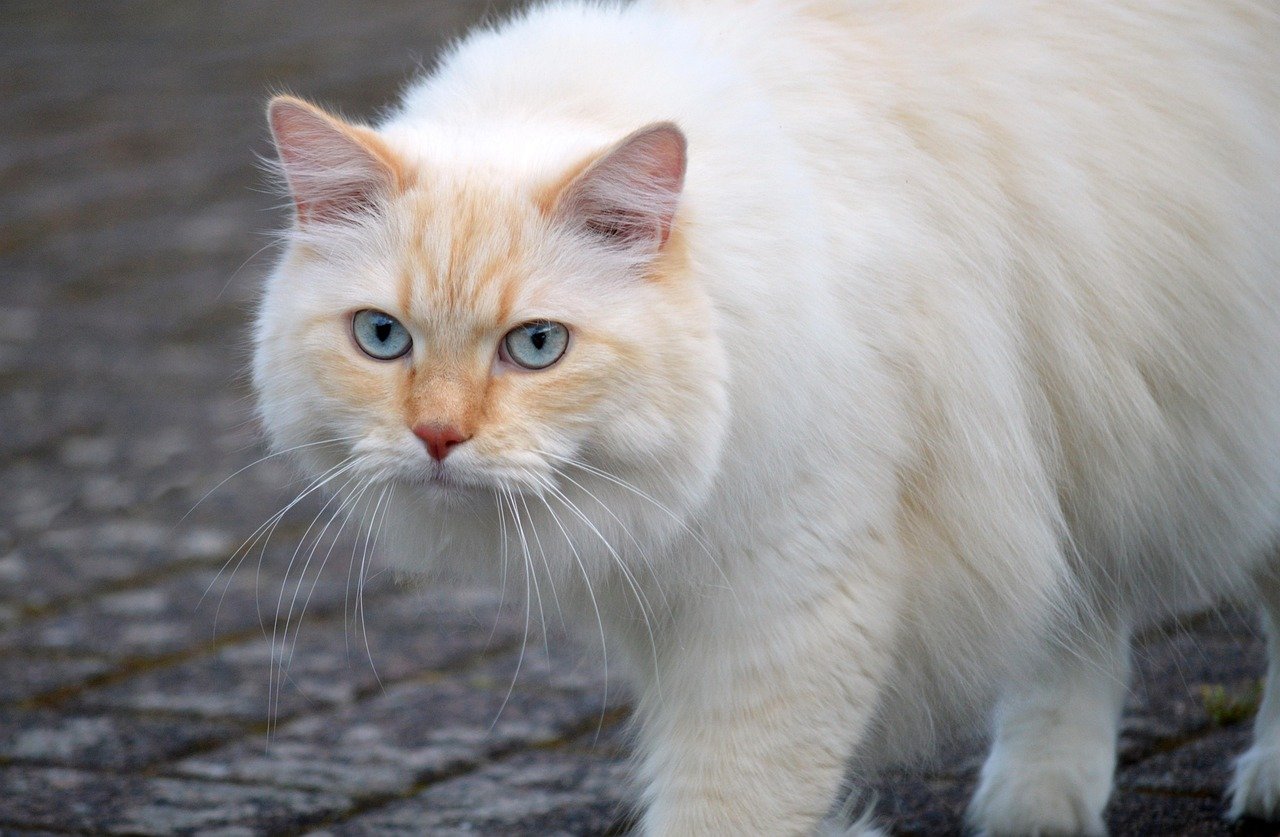
Cats, though often perceived as independent, require time and attention from their owners. With two cats, you’ll need to dedicate more time to ensure each one receives adequate attention. Playtime is essential for their physical and mental well-being. Consider whether your current lifestyle allows for the additional time needed to care for another pet. If you work long hours, it might be challenging to meet the needs of two cats. Ensuring that you can spend quality time with both cats will help prevent behavioral issues and strengthen your bond with them.
Health Status and Vaccinations
Before bringing a new cat into your home, it’s crucial to ensure that both cats are healthy and up-to-date with their vaccinations. A visit to the vet can help you assess the health status of your current cat and get advice on introducing a new one. The new cat should also undergo a health check to rule out any contagious diseases. Ensuring that both cats are vaccinated and free from illnesses will prevent potential health risks. Proper healthcare is essential to maintaining a safe and healthy environment for all your pets.
Age and Energy Levels

The age and energy levels of both cats can significantly impact their relationship. A young, energetic kitten might overwhelm an older, more sedentary cat. Conversely, an older cat might not have the patience for a playful youngster. It’s important to consider how the age and activity level of the new cat will complement or clash with that of your current cat. Finding a cat with a similar energy level can lead to a more harmonious relationship. Understanding these dynamics will help you make an informed decision about the best match for your household.
Gender Considerations
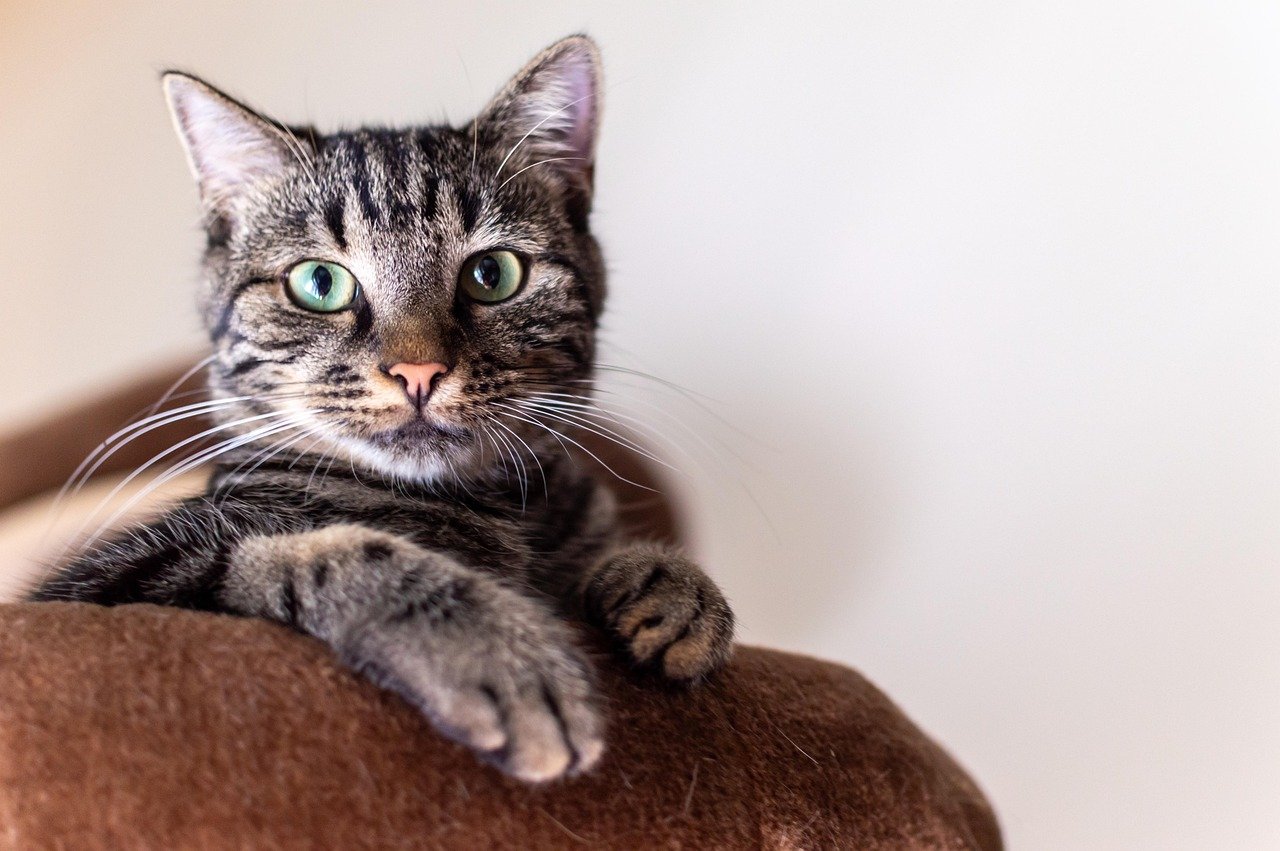
When introducing a second cat, gender can play a role in their compatibility. Generally, opposite-gender pairs tend to get along better than same-gender pairs. However, this is not a hard and fast rule, and individual personalities should be the primary consideration. If both cats are spayed or neutered, the likelihood of gender-related issues decreases. Understanding the potential dynamics between male and female cats can help you make a more informed choice. Ultimately, the personalities of the cats involved will be more indicative of their compatibility than their gender.
Gradual Introduction Process
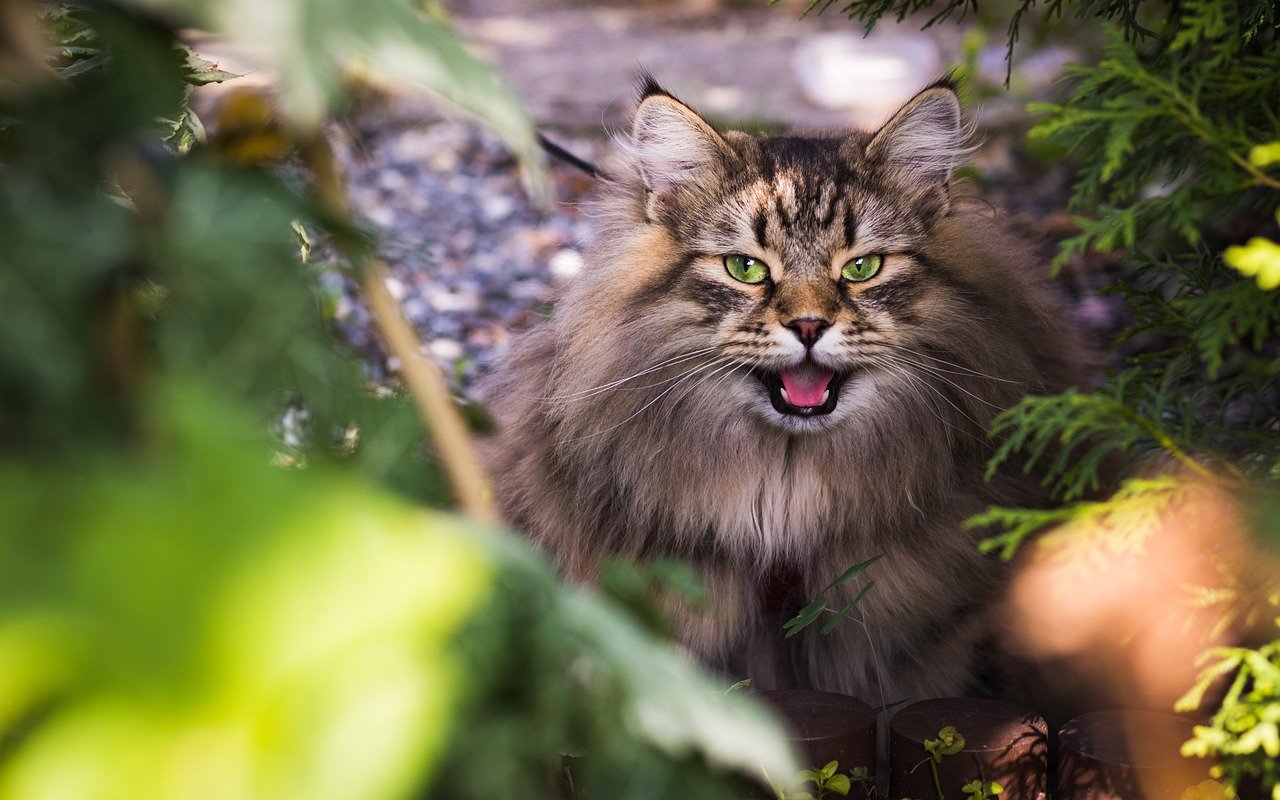
Introducing a new cat to your home requires patience and a well-thought-out process. A gradual introduction is key to minimizing stress and preventing conflicts. Start by keeping the new cat in a separate room, allowing the existing cat to get used to its scent. Gradually introduce visual contact, followed by supervised interactions. This slow integration helps both cats acclimate to each other’s presence. Rushing the process can lead to aggression or anxiety in one or both cats. A thoughtful introduction strategy is essential for a peaceful multi-cat household.
Behavioral Changes and Adjustments
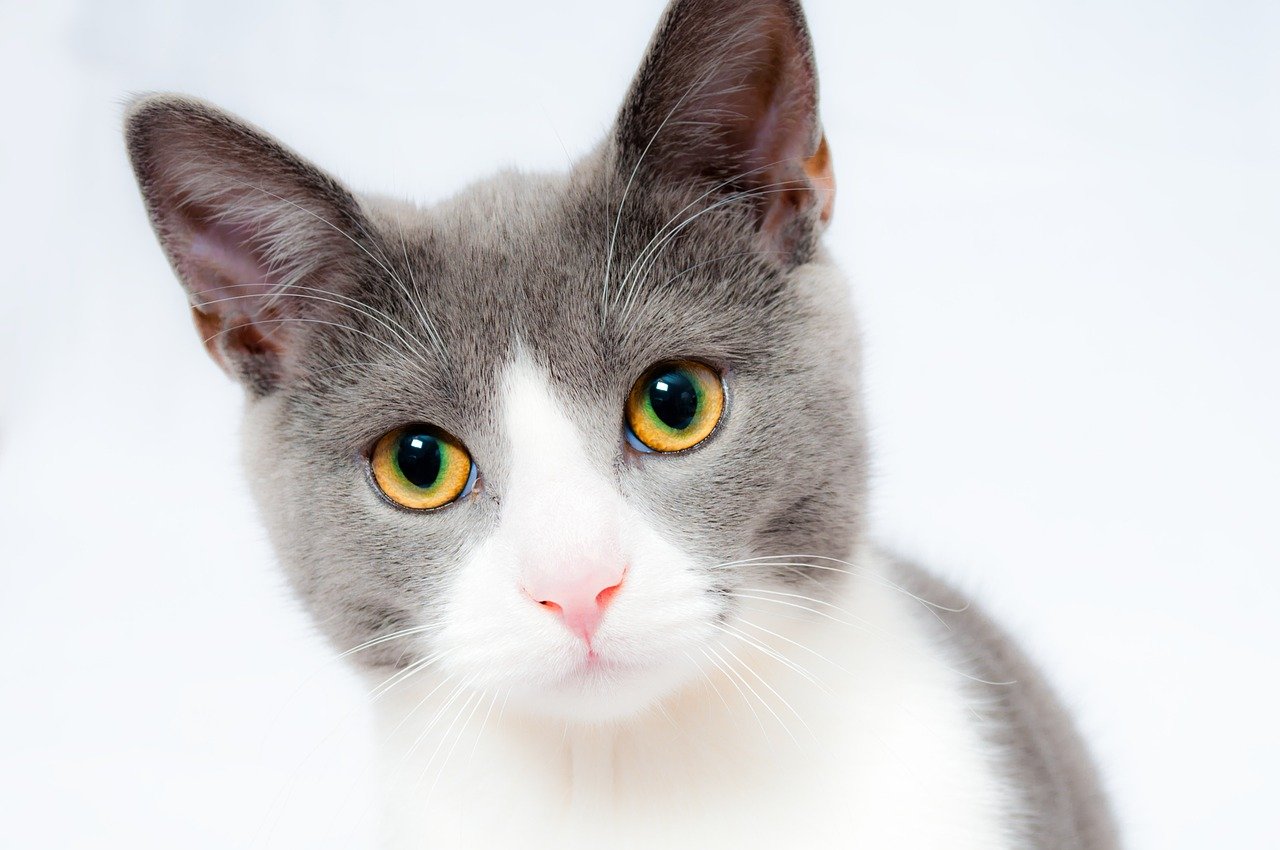
Adding a new cat to your home may result in behavioral changes in your existing cat. It’s not uncommon for cats to become more territorial or exhibit signs of stress. Be prepared for some initial tension and give both cats time to adjust. Observing their interactions will help you identify any issues and address them promptly. Providing plenty of resources, like toys and scratching posts, can help alleviate stress. Understanding that adjustments take time will help you navigate this transition period with patience and empathy.
Impact on Your Family Dynamics
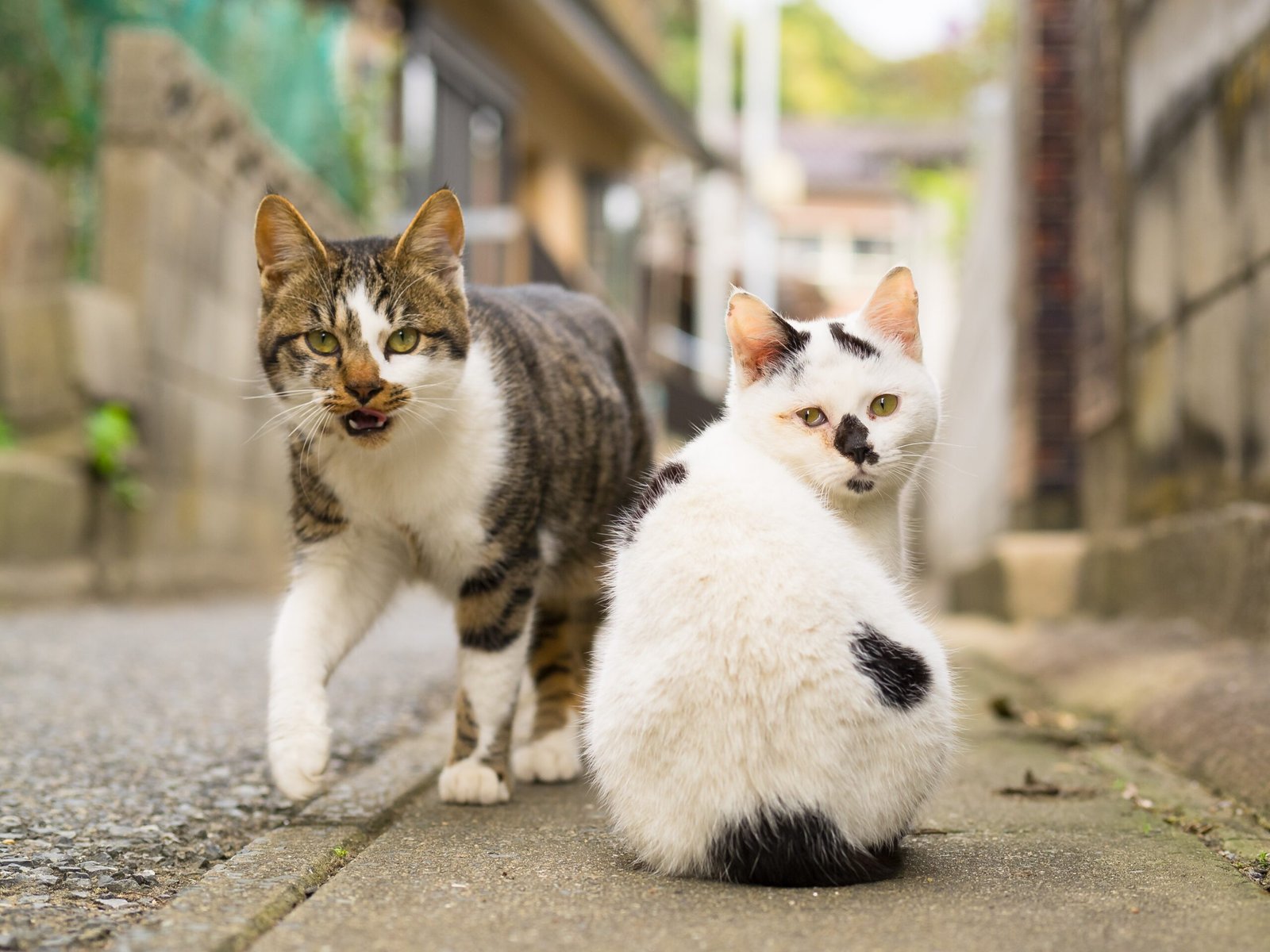
Introducing a second cat can also affect the dynamics of your household. It’s important to consider how this decision will impact all members of your family, including children and other pets. Ensure that everyone is on board and understands the responsibilities involved. Educating family members about the needs and behaviors of cats can help create a supportive environment for both cats. A harmonious family dynamic will contribute to the overall well-being of your pets and create a loving home for them.
In summary, bringing a second cat into your home is a decision that requires careful consideration. By understanding your current cat’s personality, assessing your living space, and preparing for the financial and time commitments, you can make a well-informed decision. Ensuring that both cats are healthy, gradually introducing them, and being mindful of potential behavioral changes will help create a harmonious multi-cat household. With thoughtful planning and patience, you can provide a loving and stable environment for both of your feline companions.
Hi, I’m Bola, a passionate writer and creative strategist with a knack for crafting compelling content that educates, inspires, and connects. Over the years, I’ve honed my skills across various writing fields, including content creation, copywriting, online course development, and video scriptwriting.
When I’m not at my desk, you’ll find me exploring new ideas, reading books, or brainstorming creative ways to solve challenges. I believe that words have the power to transform, and I’m here to help you leverage that power for success.
Thanks for stopping by, Keep coming to this website to checkout new articles form me. You’d always love it!





